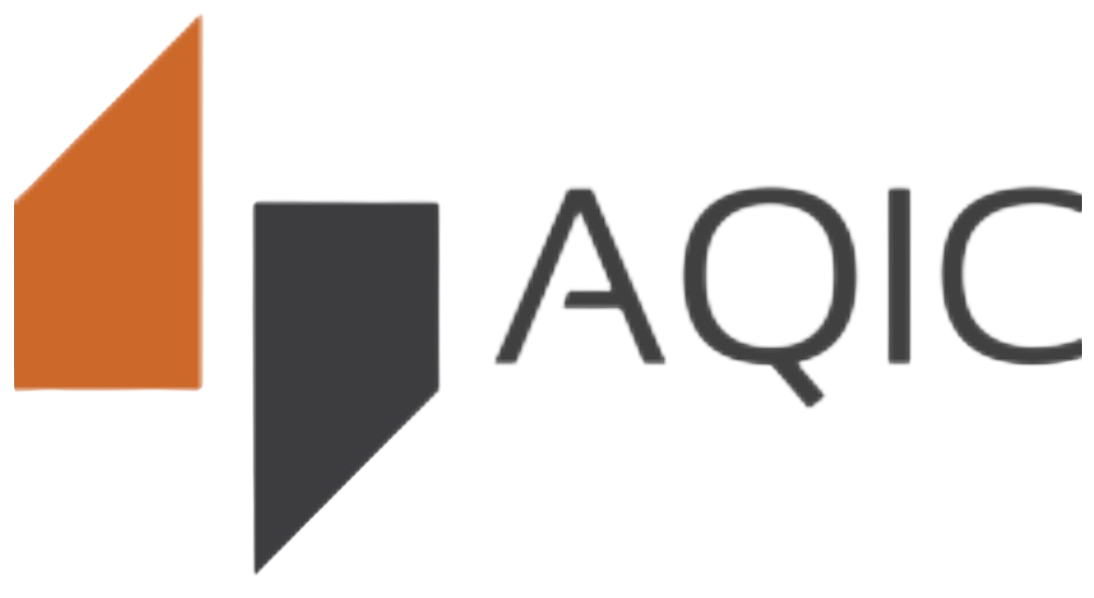NAAC ACCREDITATION
Throughout the world, Higher Education Institutions (HEIs) function in a dynamic environment. The need to expand the system of higher education, the impact of technology on the educational delivery, the increasing private participation in higher education and the impact of globalization have necessitated marked changes in the Indian higher education system.
India has one of the largest and diverse education systems in the world. Privatization, widespread expansion, increased autonomy and introduction of Programs in new and emerging areas have improved access to higher education. At the same time, it has also led to widespread concern on the quality and relevance of the higher education.
Indian educational sectors, particularly the higher education sector is going through a process of consolidation with emphasis on Quality and Outcome Based Education. The process of consolidation is quite visible as good institutions are undergoing external benchmarking for quality i.e. accreditation and are able to increase their intake and campuses.
Our advisory/consultancy services include preliminary evaluation of institution, sensitization on importance of NAAC accreditation with specific reference to seven criteria and key quality indicators, Bloom’s Taxonomy, Outcome Based Education (OBE), Program Educational Objectives, Program Outcomes and their assessment, training of faculty, formulation, notification and implementation of processes of quality improvement, preparation of SSR, mock visits etc.
Consultancy Services for NAAC Accreditation
Sensitization on Quantitative Indicator Evaluation, Pre-qualifier, System Generated Scores, third party validation of data, metrics, weightages and benchmarks to universities, autonomous colleges and affiliated/constituent colleges, enhanced participation of students and alumni in the assessment process.
Sensitization on Outcome Based Education (OBE), framing of Program Educational Objectives (PEOs), Program Outcomes, Program Specific Outcomes (PSOs), Course Outcomes, Guidance towards framing Outcome based Assessment procedures for Continuous Internal Examination (CIE) and Semester End Examination (SEE).
Formulation, notification and implementation of various policies and processes with a focus on Quality Initiatives, Quality Sustenance and Quality Enhancement. Training of faculty to enable them to use various processes.
Development and updating of institutional website for NAAC records/files viz., SSR, Peer Team Report, AQAR, Certificate of NAAC and Accreditation documents etc.
Guidance towards framing Mission and Vision of the Institution and sensitization on its importance towards achievement of long-term institutional goals and development.
Submission of Institutional Information for Quality Assessment (IIQA) and SSR comprising of both Qualitative and Quantitative metrics.
Documentation – Preparation of the relevant Documents for readying the department and institute for NAAC Accreditation.
Guidance on Data Validation and Verification (DVV) process and Student Satisfaction Survey (SSS).
Preparation of the Institute and Department for expert committee visits for Accreditation by NAAC.
Implementation of Bloom’s Taxonomy of learning levels and its use in evaluation process.
Use of Psychometric survey of Alumni and Outgoing Students towards assessment.
Conduct of Mock Visits.
BENEFITS OF NAAC ACCREDITATION
- Institution to know its strengths, weaknesses, and opportunities through an informed review process.
- Identification of internal areas of planning and resource allocation.
- Collegiality on the campus.
- Funding agencies look for objective data for performance funding.
- Institutions to initiate innovative and modern methods of pedagogy.
- New sense of direction and identity for institutions.
- The society look for reliable information on quality education offered.
- Employers look for reliable information on the quality of education offered to the prospective recruit.
- Intra and inter-institutional interactions.
